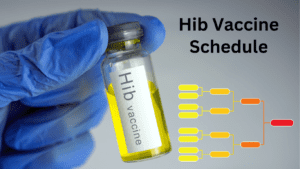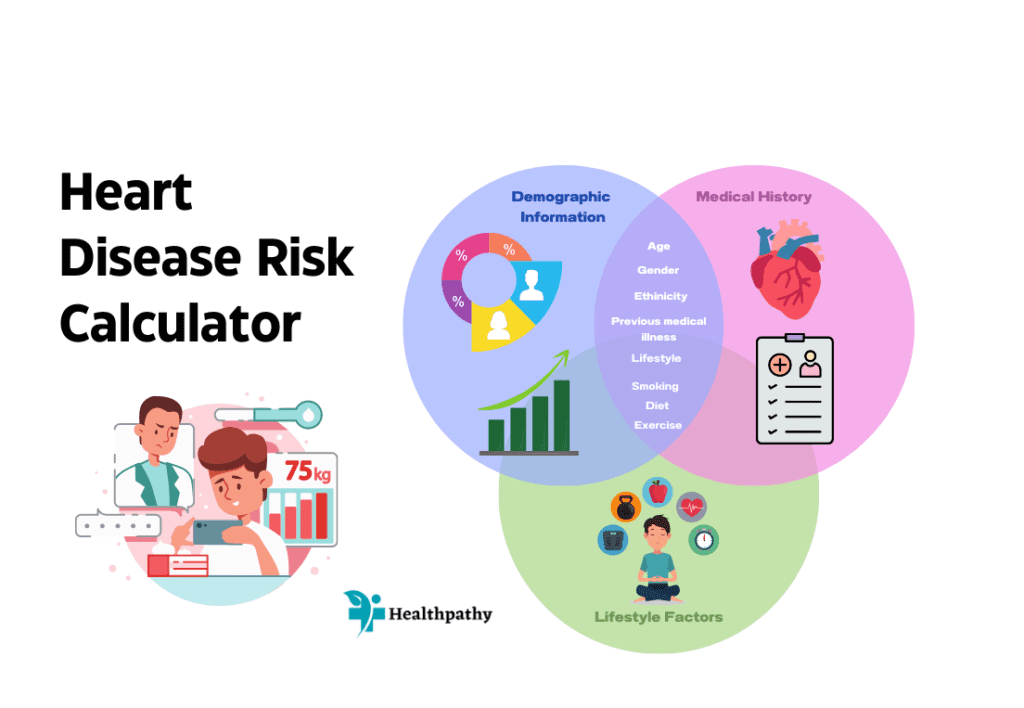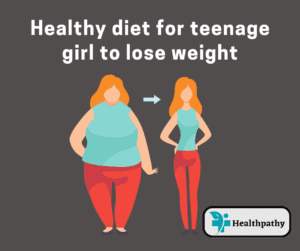Hib Vaccine Schedule

The Hib vaccine, short for Haemophilus influenzae type b vaccine, is a crucial immunization that protects against a bacterial infection caused by Haemophilus influenzae type b (Hib) bacteria. Hib used to be a leading cause of severe bacterial infections, particularly in infants and young children, including meningitis, pneumonia, epiglottitis, and bloodstream infections. The introduction of the Hib vaccine has significantly reduced the incidence of these serious diseases.
The Hib vaccine schedule typically involves a series of doses administered during infancy and sometimes a booster shot later in childhood. The specific schedule may vary slightly depending on the country and the vaccine product used, but I’ll provide a general overview:
Primary Series:
The primary series consists of multiple doses given to infants to build immunity against Hib. The most common schedule includes three primary doses, usually given at 2, 4, and 6 months of age. However, in some regions, the first dose might be administered as early as 6 weeks of age. These early doses are essential as they protect infants during their most vulnerable period.
Booster Dose:
After the primary series, a booster dose is given to reinforce and extend the protection. The booster dose is typically administered between 12 and 15 months of age. However, the exact timing may vary depending on the specific vaccine used in the region.
Catch-Up Vaccination: Hib Vaccine Schedule
Sometimes, children might miss or delay some doses. In such cases, a catch-up schedule might be required to ensure adequate protection. The catch-up schedule can vary depending on the age at which the child starts the vaccination series.
Combination Vaccines:
Many countries use combination vaccines that include protection against multiple diseases in a single shot. The Hib vaccine is often combined with other routine childhood vaccinations like DTaP (diphtheria, tetanus, and pertussis), IPV (inactivated polio vaccine), Hepatitis B, and others. Using combination vaccines reduces the number of injections a child needs and simplifies the vaccination process.
Booster Doses in Older Children:
In some regions, an additional booster dose might be recommended in older children to maintain long-term immunity. At the age of 4 and 6-year a booster dose is given.
Special Populations:
For children with certain medical conditions or immunocompromised individuals, the vaccination schedule may differ. In some cases, additional doses or modifications to the standard schedule might be necessary.
It’s important to follow the recommended vaccination schedule to ensure maximum protection against Hib infections. Vaccination not only protects the individual but also contributes to the concept of herd immunity, where a significant proportion of the population is immunized, reducing the overall transmission of bacteria.
As with any medical intervention, the Hib vaccine may have some potential side effects, such as mild fever, soreness at the injection site, or irritability. However, the benefits of vaccination in preventing severe Hib infections far outweigh the risks of these mild reactions.
Conclusion:
The Hib vaccine is a critical component of routine childhood immunization schedules worldwide. Following the recommended Hib vaccine schedule helps protect children from potentially life-threatening Hib infections, leading to improved public health outcomes and a safer, healthier community. If you have any concerns or questions about the Hib vaccine or its schedule, it’s essential to consult with a healthcare professional for personalized guidance.
More to read:


Follow us: Hib Vaccine Schedule





